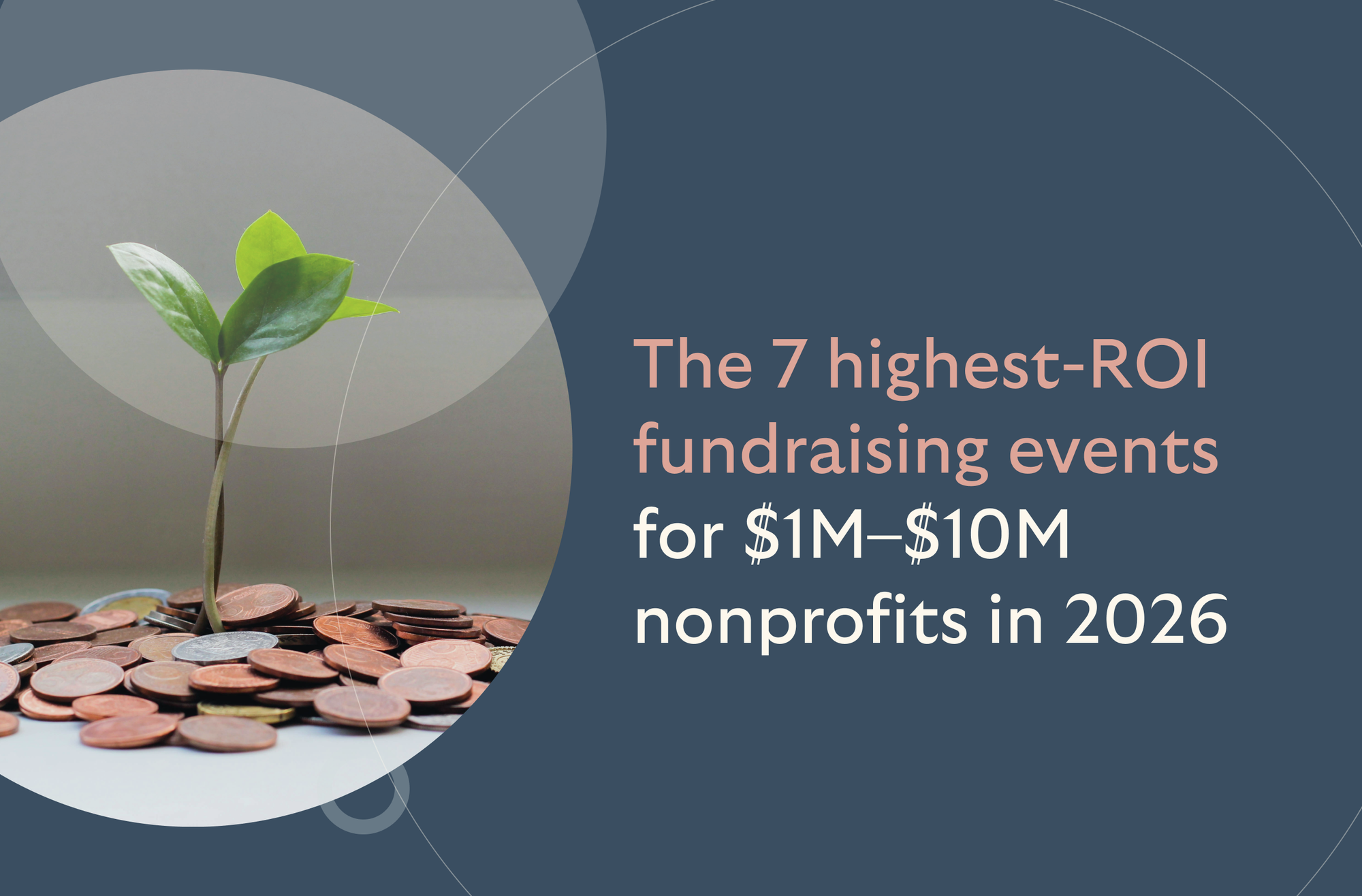Select and customize the fundraising method best suited for your organization
BetterWorld seamlessly integrates with both online and in-person auctions
Impress donors with creative raffle items and elegant online raffles
Create attractive donation pages that maximize donor impact and boost online giving
Are Churches Nonprofit Organizations Under 501(c)(3)?
By Whit Hunter

Churches play an important role in many communities and often serve as centers for spiritual, social, and charitable activities. Many people wonder about the financial and legal status of churches and if they are considered nonprofit organizations.
The IRS grants certain tax-exempt statuses to various types of organizations, including churches. Understanding the legal and financial implications of this status is important for both church leaders and donors.
In this blog, we will discuss whether churches fall under the 501(c)(3) category of nonprofit organizations and what this means for their operations and tax obligations.
What is a 501(c)(3) Organization?
A 501(c)(3) organization is a type of nonprofit entity recognized by the Internal Revenue Service (IRS) as tax-exempt under section 501(c)(3) of the Internal Revenue Code.
These organizations operate for charitable, religious, educational, scientific, or literary purposes, among other specific objectives that serve the public interest.
Characteristics of a 501(c)(3) Organization
Tax Exemption
501(c)(3) organizations are exempt from federal income taxes. It applies to the income they generate from donations, grants, and their activities.
They may also be exempt from state and local taxes, depending on the jurisdiction.
Charitable Purpose
To qualify for 501(c)(3) status, an organization must serve one or more of the following purposes: religious, charitable, educational, scientific, literary, or similar purposes.
The organization's mission should contribute positively to society.
Non-Profit Nature
These organizations are considered nonprofit, which means they do not distribute profits to their members, directors, or officers.
Instead, any surplus is reinvested into the organization to achieve goals.
Public Support
At least one-third of a 501(c)(3) organization's income should come from public donations or regular payment of dues.
Restrictions on Activities
501(c)(3) organizations are prohibited from engaging in substantial lobbying or participating in political campaigns. Their activities should match tax-exempt purposes and avoid violating public policy.
Are Churches Considered Nonprofit Organizations Under 501(c)(3)?
Yes, churches are considered nonprofit organizations under 501(c)(3) and are automatically tax-exempt.
Churches automatically qualify as tax-exempt under section 501(c)(3) of the Internal Revenue Code without the need to apply for recognition of exemption. They don't need to file Form 1023 to obtain tax-exempt status from the IRS.
Despite this automatic status, many churches still choose to apply for formal recognition to confirm their tax-exempt status and provide evidence to donors that their contributions are tax-deductible.
Benefits and Drawbacks of 501(c)(3) Status for Churches
Benefits:
- Churches with 501(c)(3) status are exempt from federal income taxes.
- They may also be exempt from state and local taxes.
- Donors can deduct contributions to the church from their taxable income, which brings in more donations.
- 501(c)(3) status provides limited liability protection to the church and its leaders. It protects personal assets in case of legal issues.
- Churches with 501(c)(3) status may be eligible for grants from government agencies and private foundations.
- 501(c)(3) status increases a church’s credibility and builds public trust.
- Churches may benefit from discounted mailing rates, advertising discounts, and other benefits offered to nonprofits.
Drawbacks:
- Churches with 501(c)(3) status cannot engage in lobbying or political campaigning.
- Maintaining 501(c)(3) status requires compliance with strict IRS regulations and annual reporting, which can be burdensome.
- Churches with 501(c)(3) status must disclose their financial information publicly, which may lead to unwanted scrutiny.
- Churches may lose some autonomy due to government oversight and must follow specific rules to maintain their status.
- Churches with 501(c)(3) status must use their funds for charitable or religious purposes only, which can be restrictive.
How to Apply For 501(c)(3) Status for Your Church?
Applying for 501(c)(3) status for your church involves several steps.
Try BetterWorld’s robust suite of charity & nonprofit fundraising tools for FREE!
1. Create Governing Documents
First, you need to establish your church’s governance structure through documents such as bylaws, a church constitution, and a statement of faith. These documents outline how your church will operate and its purpose.
The bylaws should include expectations for church leadership and mission.
2. Incorporate Your Church
Next, consider incorporating your church by filing Articles of Incorporation with your state. This step is optional but provides benefits like legal protection for founding members and facilitates property acquisition or contract entry.
The Articles of Incorporation should reflect your church’s governing documents and include elements like a dissolution clause.
3. Obtain an Employer Identification Number (EIN)
Your church needs an Employer Identification Number (EIN) from the IRS. It is essential for tax identification purposes and opening a bank account.
You can apply for an EIN by filling out Form SS-4.
4. File Form 1023
Form 1023, the Application for Recognition of Exemption, is the key document for applying for 501(c)(3) status. It requires details about your church's creation, structure, activities, and financial data.
You can also use Form 1023-EZ, a simplified version, if your church meets the eligibility requirements.
5. Await Approval
Once you submit Form 1023, the IRS will review your application, which can take several months or even over a year. Upon approval, you'll receive a determination letter from the IRS, confirming your church's tax-exempt status.
Common Mistakes to Avoid
When applying for 501(c)(3) status, provide accurate information on Form 1023. Avoid engaging in political campaign activities and comply with state incorporation requirements.
Additionally, ensure that your church operates exclusively for religious, educational, scientific, or charitable purposes and does not engage in prohibited activities.
Applying for 501(c)(3) status for your church can seem complex, but by following these steps, you can secure tax-exempt status and enjoy the benefits it offers.

Join 105,000+ amazing nonprofits, organizations, and fundraisers on BetterWorld

Let our FREE fundraising tools help you raise more funds with less effort







